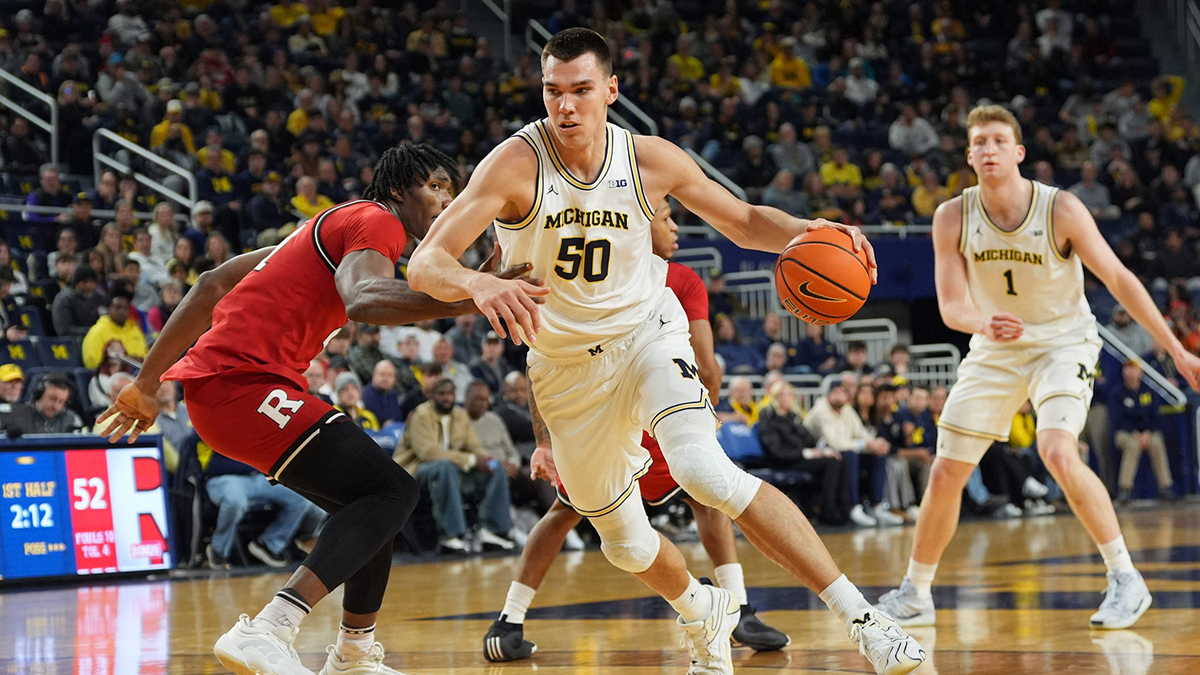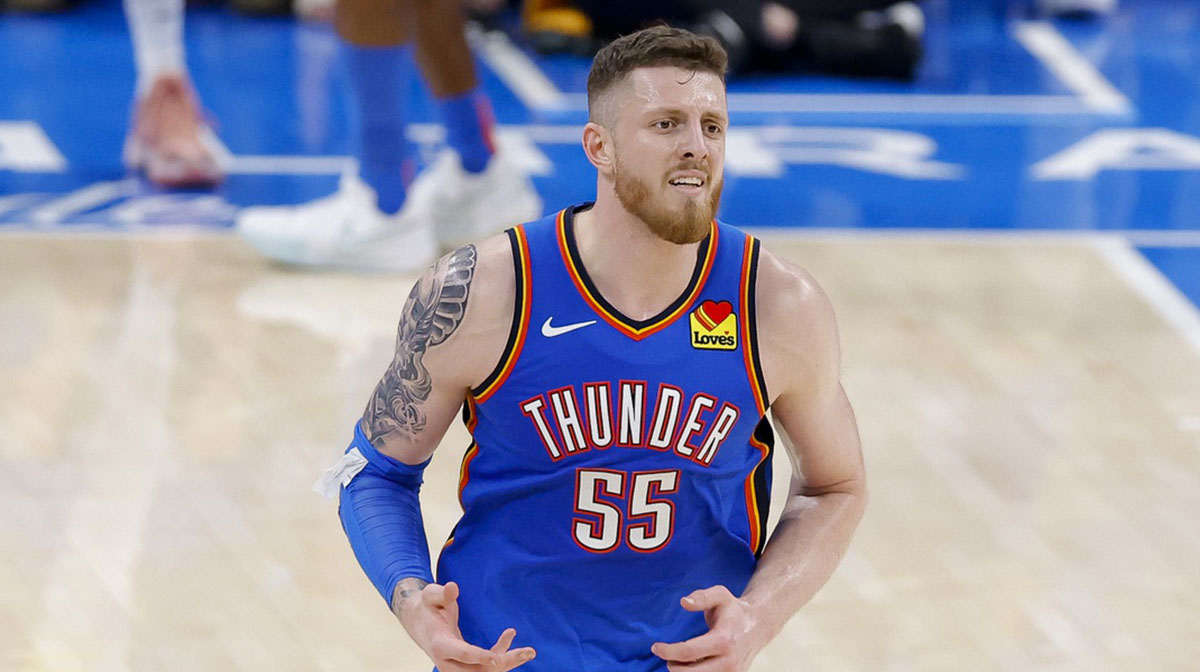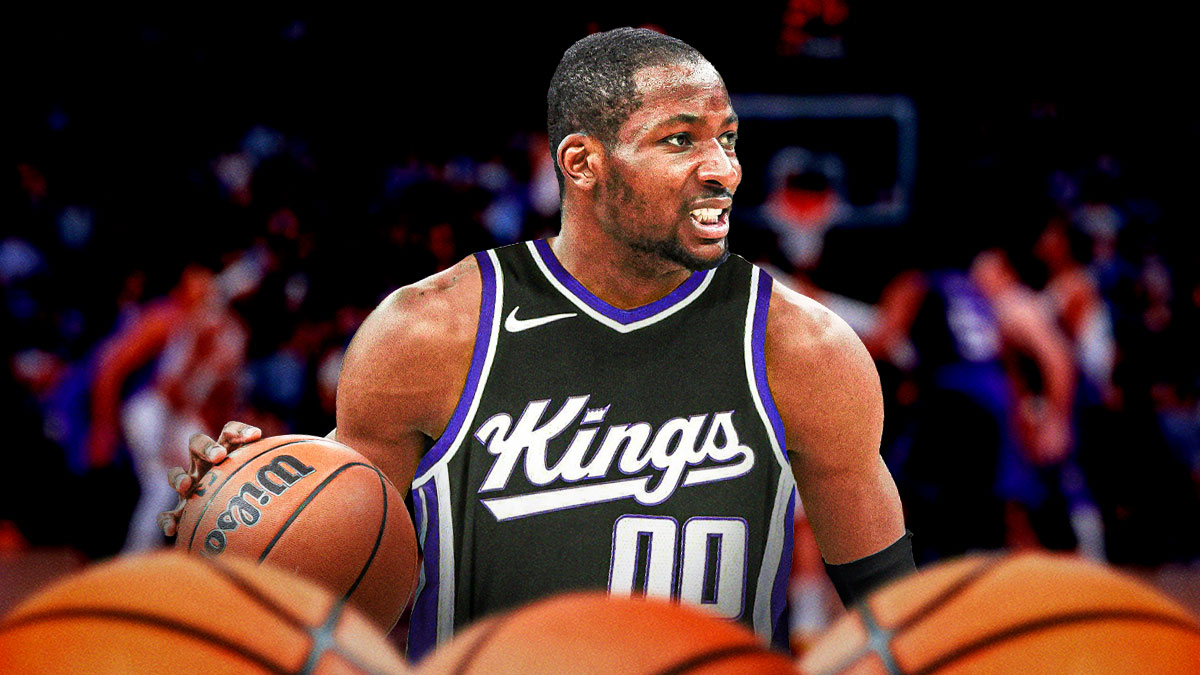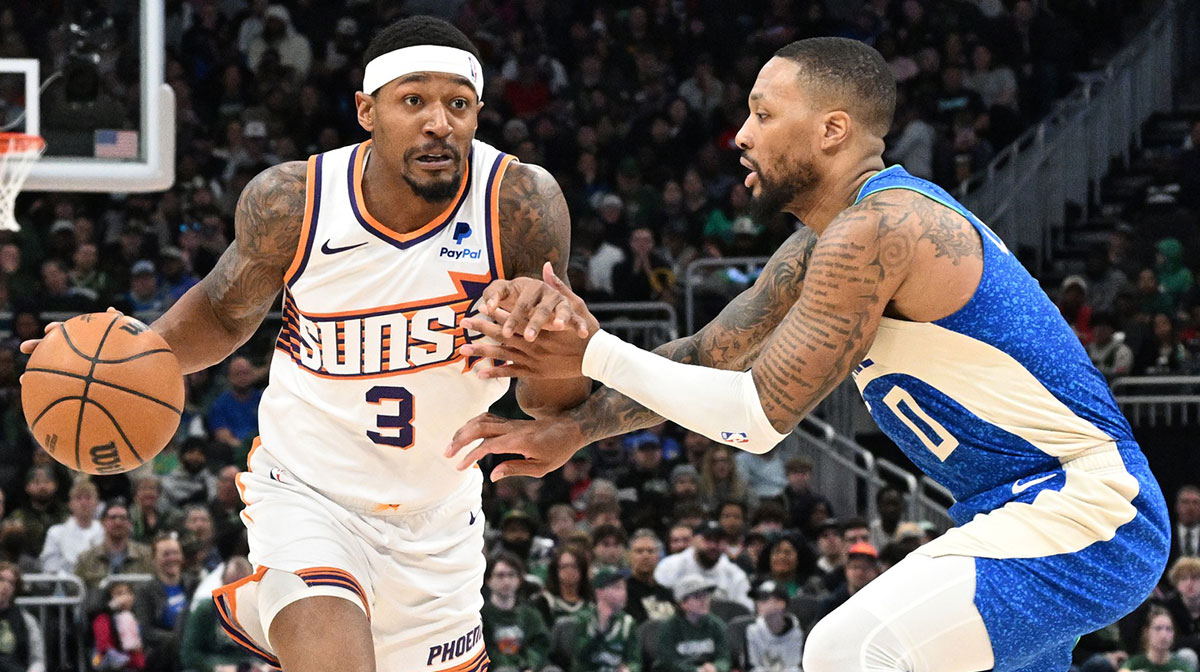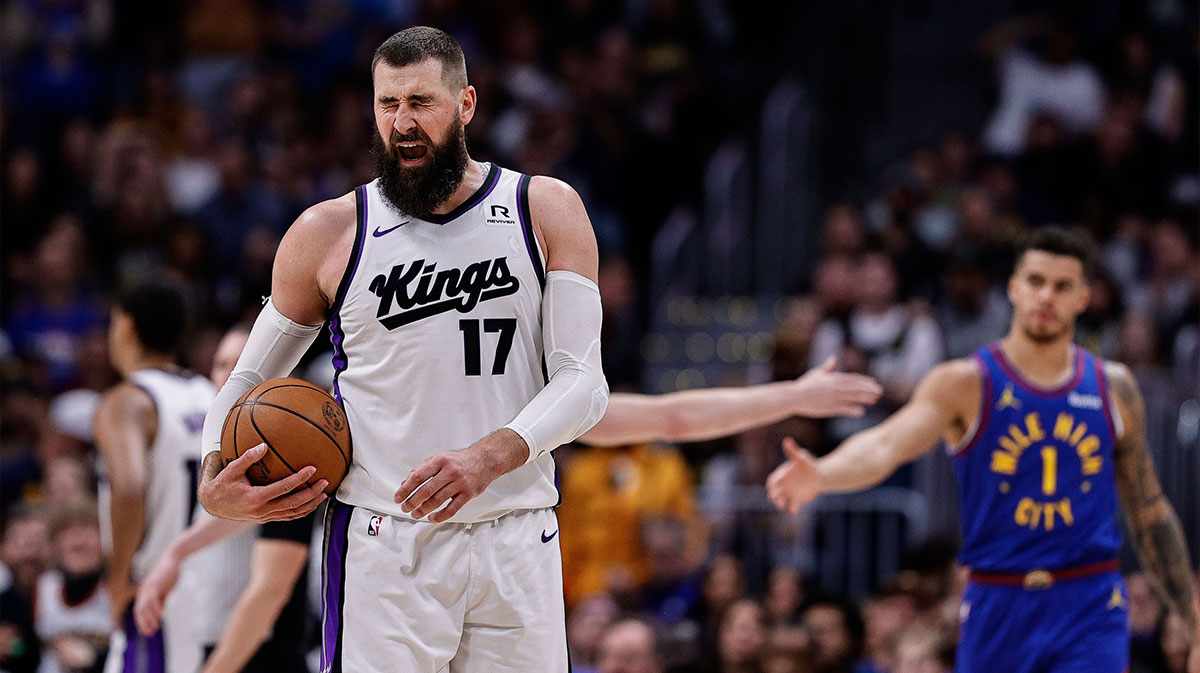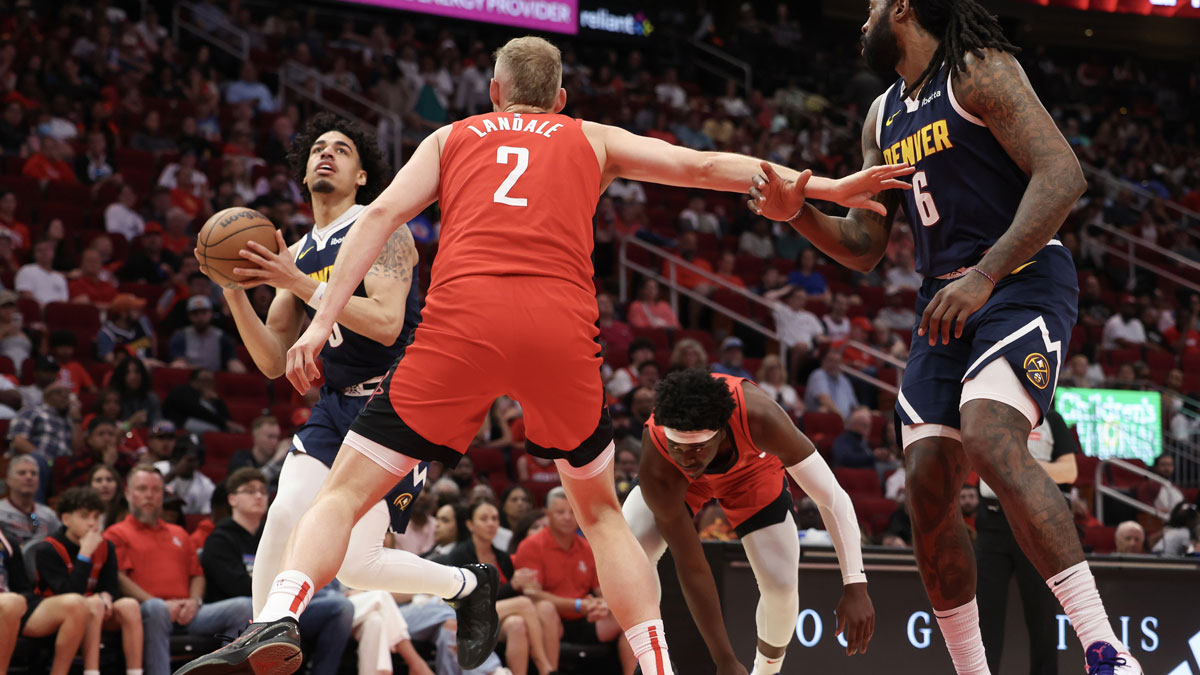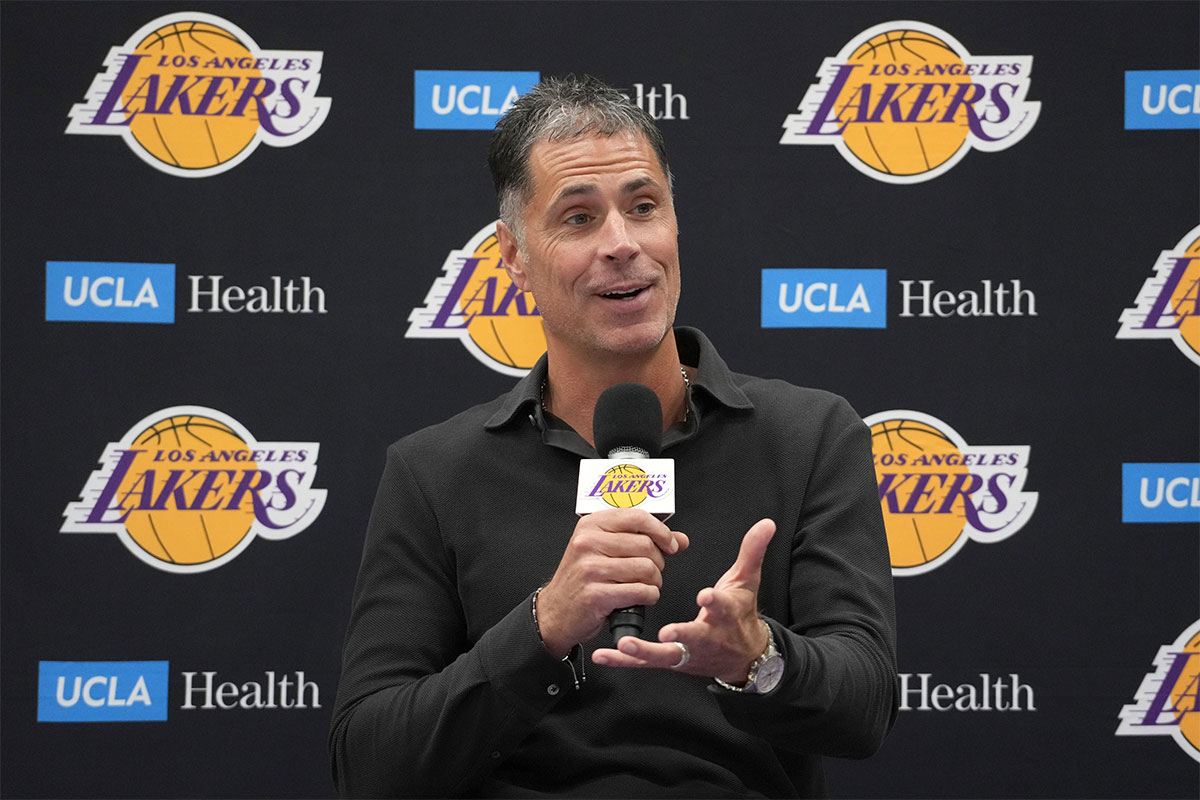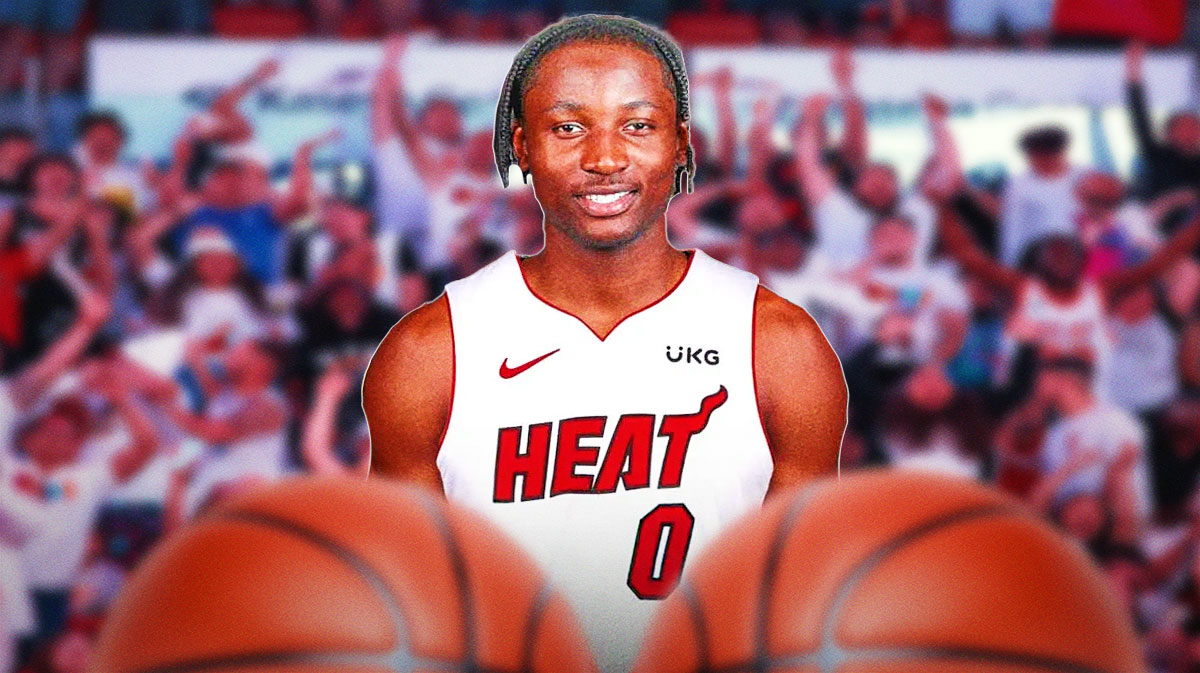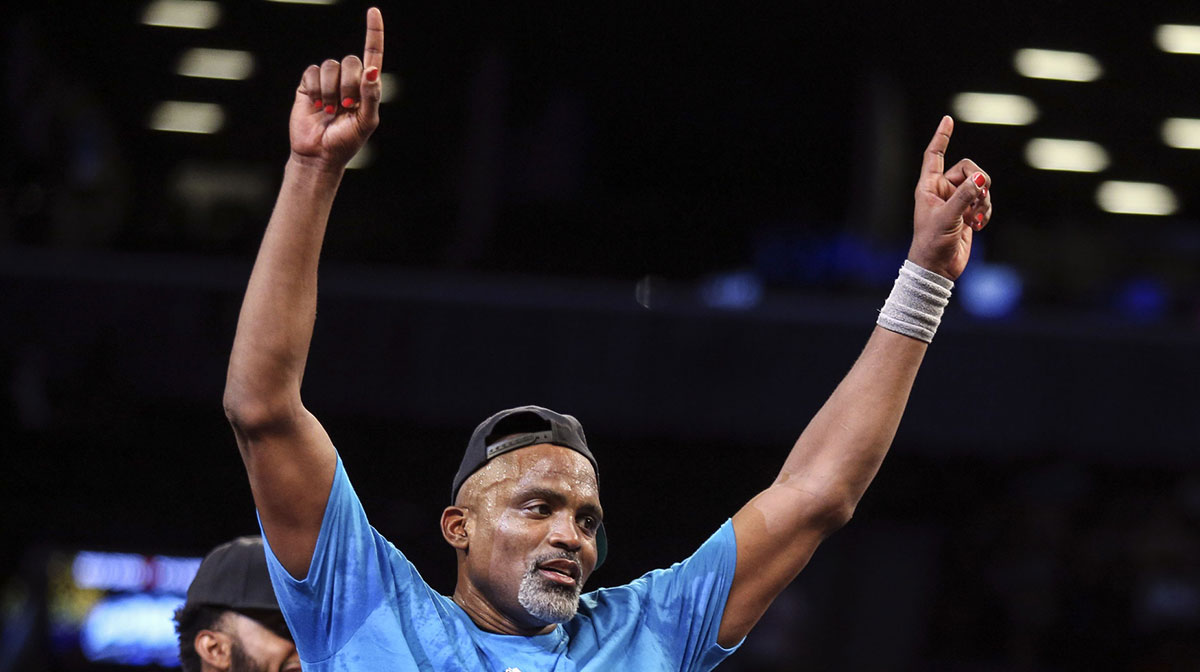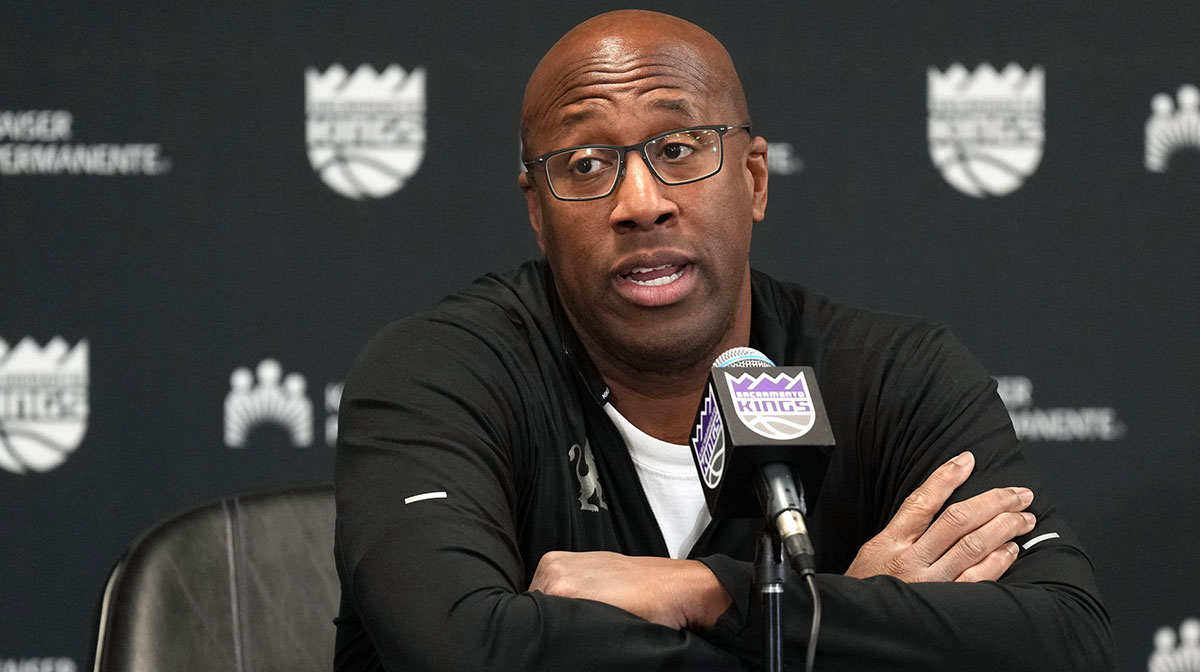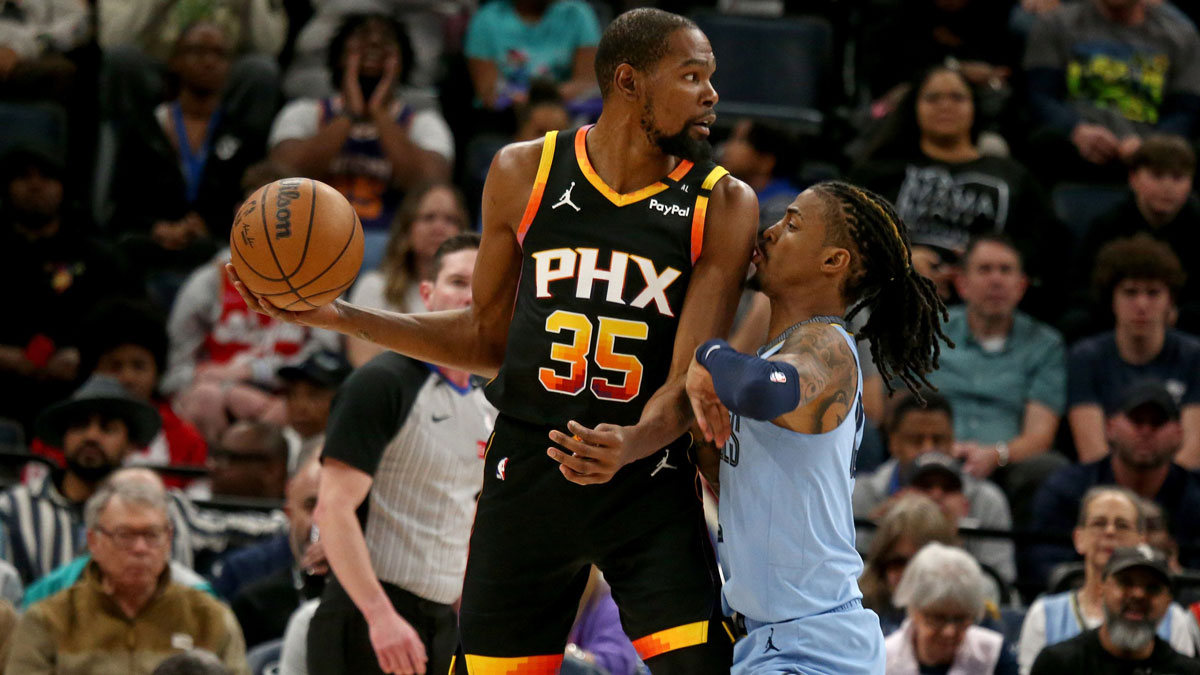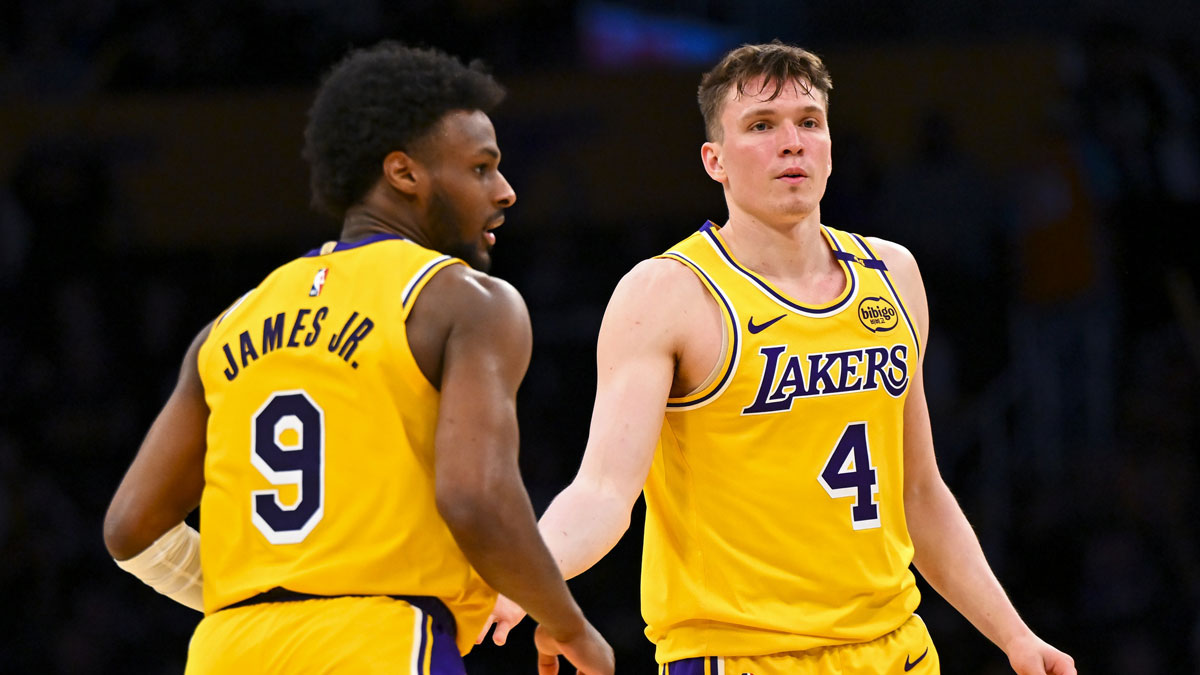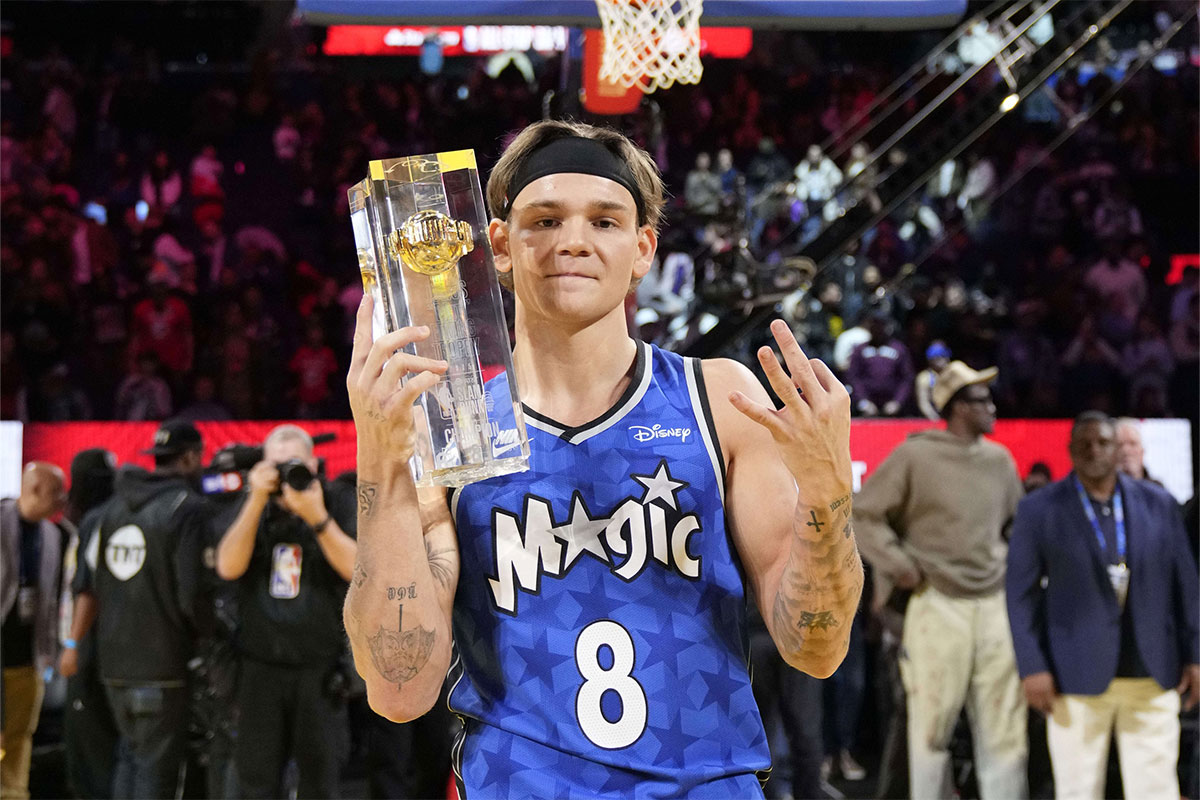Kevin Durant has accomplished quite a bit in his NBA career. He's won a championship, an MVP, his own shoe line among other things, the Warriors star is world famous and well off in life.
None of that escapes that fact that he is an African American who deals with the dangers and toils that's hard for many to identify with. While he did see things happen around him more than to him, he credits basketball for his shelter.
Growing up in a rough DC neighborhood, Durant practically spent his time away from home at the gym, and there is no question it paid off for him in more than one way.
Man, as a basketball player, it's a thing in my neighborhood. Like, East Coast, if you're a basketball player, people know you as that, they know you're focusing on basketball. Nobody really tried to get me to be in the street life because I was either always walking to the gym or I was always in the gym.
The former MVP continues:
I had friends that got into bad s—, as far as drugs, as far as hanging around the wrong crowds, as far as just trying to make money some way, because we're stuck. It's not necessarily a fact that we're so in love with the bad s—, or the stuff that's illegal, it's just like, our people are taught to survive. So if you put us in a neighborhood, no resources, no help, nobody to just be there for us … what else can we do but make us some easy s— to make us some money?
San Francisco, as well as Colin Kaepernick, has contributed to a changed outlook for Durant which he says helped him snap back into reality, from doing day-to-day things to remembering where he started, and how he's now in a position to help create changes.
It also helped him put his own perspective into place, understanding basketball is what he does, but not who he is.
I didn't have it as rough when it comes to that, as far as social or systematic oppression or any social issues. They didn't really apply to me because I could put a ball in a basket. Just me saying that kind of woke me up a little bit, like, ‘Damn, that's all I'm good for?' Like, if I wasn't a basketball player, what kind of man would they look at me as, you know what I'm saying?
What sparked his own self-worth analysis was the hate and name-calling he constantly received from people after deciding to play in the Bay Area. He also has a message for those who can't seem to let go of the fact that he's gone and is now where he wants to be.
It's been a year straight of you calling me all types of names, telling me this, telling me that because I decided to play basketball in another place. Look how stupid that sounds when we got bigger issues going on, we got people that need help, that need our attention, and we're focusing on … It's easy to lose focus as humans, so easy, and we're focusing on this. I'm going to be here for a long time, so you going to be mad for a while, and [if] you'd rather be mad for a while than just accept it, that's on you.

